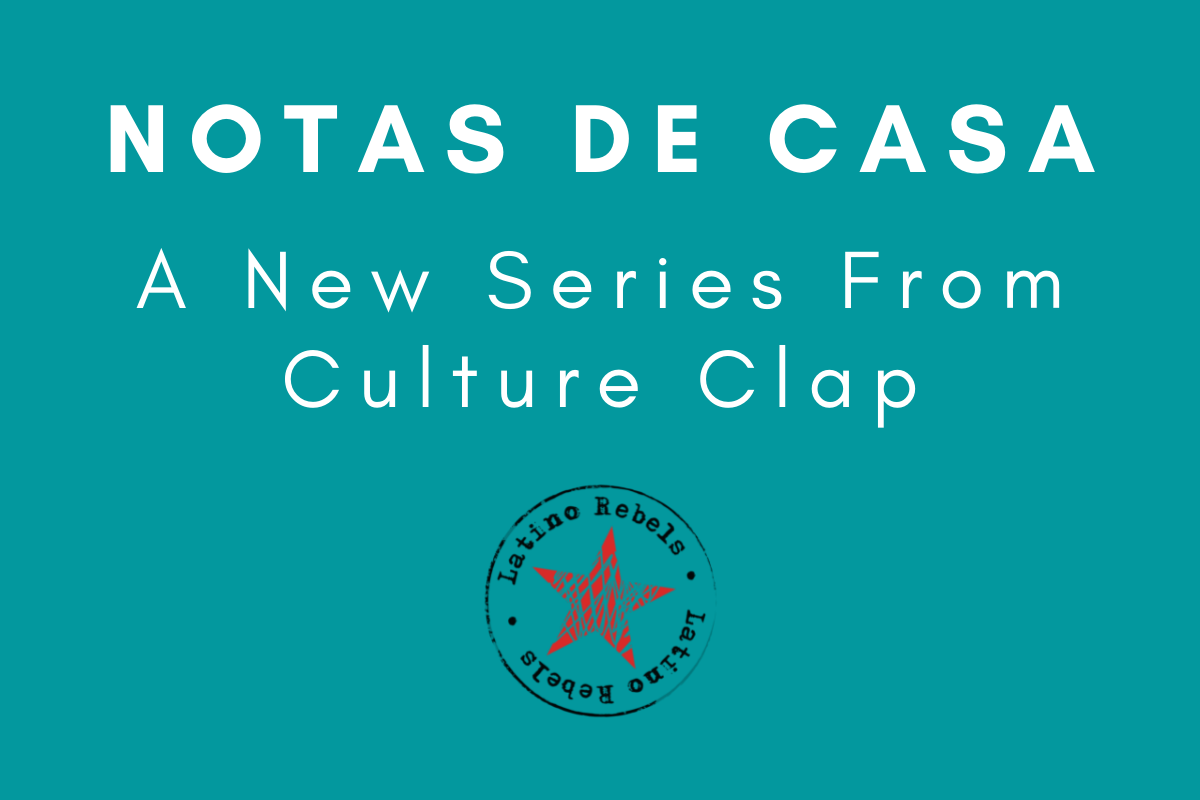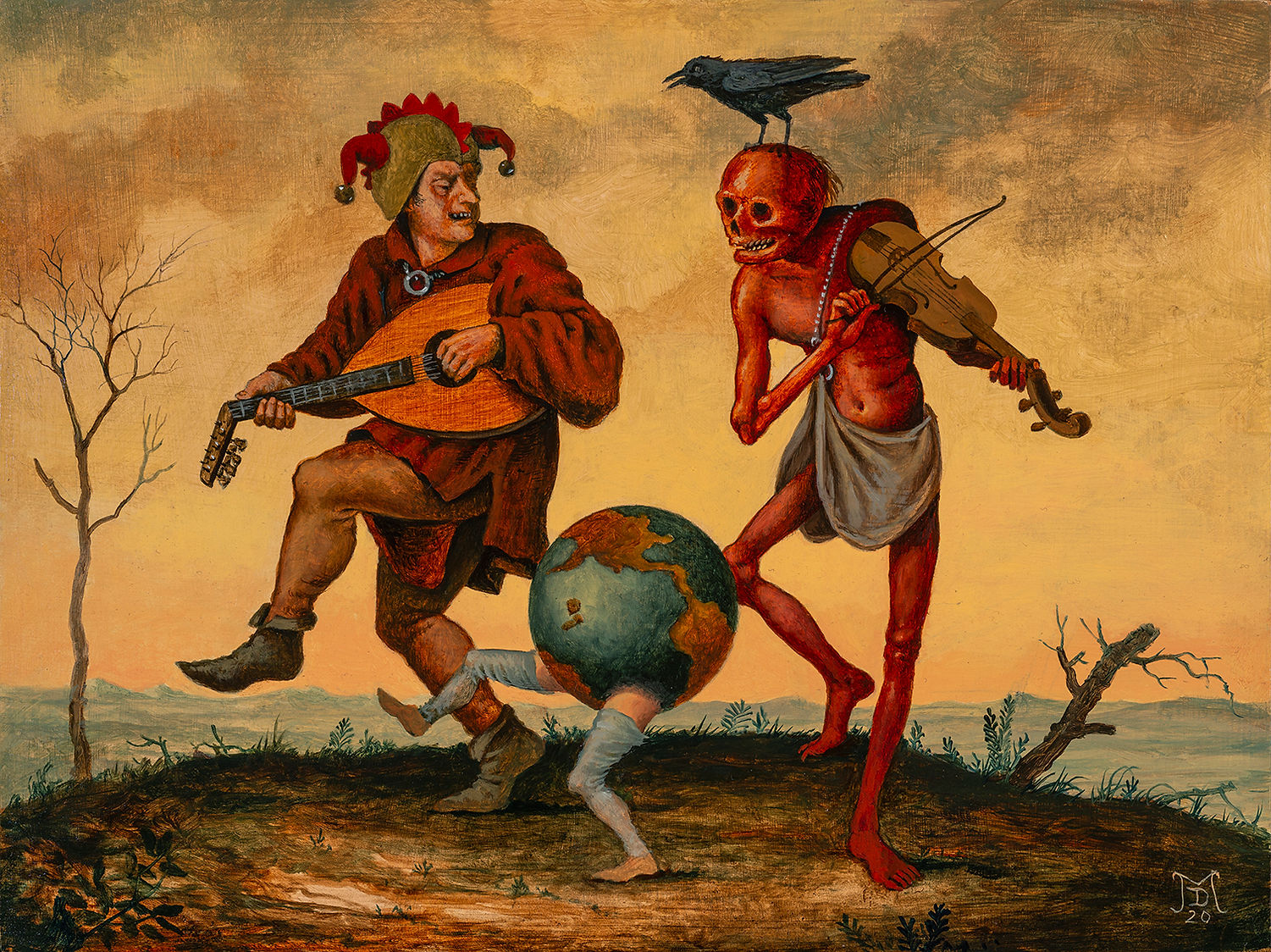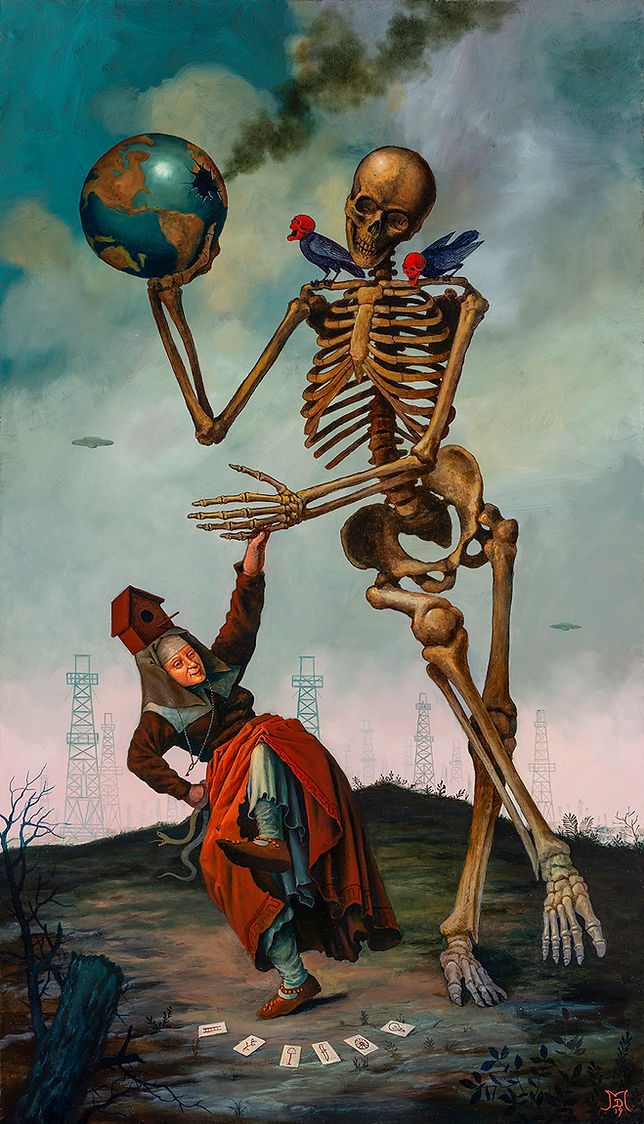

Here we are enabled to review the reflections of a Latin American philosophy student contending with Marxism and contemporary struggles. The words being almost taboo in North American culture, their ideas swirl with the mountain winds all along the Andes. While their implementation is also being practiced in lands, and in ways, far beyond the capitalist poster-image of Venezuela, may God care for and protect her people; and us all as well. Aho!
An English translation is provided below.
Por Juan Pablo Agudelo Guerra
Jacques Camatte es un escritor francés cuya obra escrita ha cobrado una renovada relevancia en el ámbito del público hispanohablante, especialmente por su crítica a la economía política y la superación de aquellos razonamientos marxistas que plantean una revolución del proletariado como contra respuesta al capital, ya que Camatte detectó que el proletariado en nuestra actualidad es también un producto modelado por el capital. Es por ello que a partir de allí surge un tipo de viraje en su propuesta filosófica que lo ha llevado al rechazo de toda dinámica de enemistad y plantear un tipo de autoemancipación que abandone la domesticación de la humanidad, las formas de coacción parental, la separación de lo humano con la naturaleza, lo cual notablemente incide en un tipo de operación que reconoce la enemistad de los seres humanos consigo mismos y con el resto del mundo viviente.
En esta ocasión queremos poner al alcance de nuestros lectores algunas ideas acerca de un ensayo filosófico publicado recientemente por el pensador francés titulado La Instauración del riesgo de extinción, como parte de una profunda reflexión a partir del fenómeno de la pandemia desatada por el Covid 19. Este ejercicio filosófico pone al descubierto; por un lado, que, tras largos años de abstracciones sobre la naturaleza, los humanos con nuestra racionalidad nos hemos ubicado como un ente por fuera de ella. Y por otro, que ese conflicto determina la destrucción de lo natural y con ello la naturalidad de lo humano; fenómeno que percibimos acelerado en los últimos dos siglos.
Por lo tanto, no es extraño que Camatte, de una excepcional importancia a los efectos patológicos vinculados a la infección por el Coronavirus, con el fin de desenmascarar el fenómeno de destrucción de la naturaleza y con ello la improbabilidad de la vida orgánica en la tierra. Este razonamiento viene acompañado de la identificación de nuestro planeta como un cuerpo celeste excepcional, no obstante, condenado a desaparecer gracias a las formas en las cuales el progreso humano se erige como un camino sin retorno. La pregunta del filósofo francés se torna aguda pues al visualizar en el horizonte la destrucción del planeta, Camatte pregunta originalmente “¿Cómo podrá la especie humana escapar de un evento de tal magnitud, si está inmersa en su locura, encerrada en su devenir, su errancia, y ha devenido incapaz de imaginar otra cosa, particularmente una salida?” (Camatte, 2021) situación que además viene atenuada por el hecho de que la humanidad solo se preocupa por su bienestar, ignorando, según Camatte, que el sufrimiento que experimentamos es consecuencia de nuestra separación con la naturaleza y por ende el desarrollo de una enemistad que indica el pensador francés es interespecífica e intraespecífica, por ende la crítica que plantea el pensador francés no separa el fenómeno de destrucción de la naturaleza con el de la pandemia, pues en ello se integra aquello que concierne a la especie en el devenir de la totalidad de lo viviente.
Camatte, identifica que el carácter más importante de la pandemia es su contagio extremadamente fuerte por el propio virus, pero en especial a causa de la superpoblación y la destrucción de diferentes ecosistemas naturales, lo cual disminuye la posibilidad de huéspedes en el planeta. Por ende, el virus es una terrible amenaza que pone al descubierto los resultados del progreso en los asentamientos humanos, y corrobora el hecho de que nuestra especie se encuentra alojada en el cosmos “(…) como en una matriz dominada por la amenaza del riesgo de extinción —en relación a los fenómenos naturales destructivos— determinada y estructurada por ella [la humanidad] en el curso de millones de años” (Camatte, 2020).
Esta afirmación anuncia el fracaso de todo el proceso racional con el cual los humanos nos escindimos de la naturaleza, pues como especie no hemos conseguido escapar ante el riesgo de extinción, y por ende alcanzar la seguridad, a pesar, dice Camatte, de una serie de separaciones de la naturaleza destinadas a protegernos, lo cual determina que la situación en cuestión plantea una revelación dramática, pues la vulnerabilidad hace parte de un estado hipnótico que según el filósofo es creado por el shock lo cual ha dejado a los individuos manipulables según sus temores y miedos, individuales y colectivos. La enfermedad producida por el virus revela la disfunción como un fenómeno al interior de nuestra especie que fija su obsolescencia en contraste con los desastres causados a la biosfera.
En el fondo el ejercicio retrospectivo de Camatte, alerta que la inmensa catástrofe que vivimos se ubica contemporáneamente como un fenómeno acelerado de la destrucción de la naturaleza en especial los bosques —en 2019 la selva amazónica, y las reservas forestales en Australia y en Oriente fueron sometidas a un incendio intenso que duró hasta más de dos meses— por ende la epidemia del Covid 19, por un lado, oculta la destrucción de lo natural —desviando la atención— no obstante, paulatinamente revela las diversas formas de los horrores humanos. En ese caso, la pandemia es un tipo de veladura que se comporta como una entidad psíquica colectiva, que manifiesta, inconscientemente, un malestar interno, y a la vez intenta de la misma manera superar el malestar.
En términos de Camatte, solo si sentimos la extinción como algo plausible podemos entender nuestra errancia en el cosmos como una oportunidad para subvertir la lógica de la muerte, y efectuar un tipo de inversión saludable para nosotros y para la naturaleza, que pueda significar en el tiempo nuestra trashumancia por el cosmos; ello puede ser la promesa de un mejor futuro para todxs.
—
The catastrophe has begun, and this is how we live it. A visit to the Instauration of the risk of extinction, by Jacques Camatte.
Jacques Camatte is a French writer whose written work has gained renewed relevance in the Spanish-speaking public, especially for his critique of political economy and the overcoming of those Marxist reasonings that propose a revolution of the proletariat as a counter-response to capital, since Camatte detected that the proletariat in our times is also a product modeled by capital. Wherefrom arises a type of turn in his philosophical proposal that led him to reject all dynamics of enmity and to propose a type of self-emancipation that abandons the domestication of humanity, the forms of parental coercion, and the separation of the human from nature, which notably affects a type of operation that recognizes the enmity of human beings with themselves and with the rest of the living world.
On this occasion, we would like to offer readers some ideas from a philosophical essay recently published by the French thinker entitled “The Establishment of the Risk of Extinction,” as part of a profound reflection on the phenomenon of the pandemic unleashed by Covid 19. This philosophical exercise reveals, on the one hand, that after long years of abstractions about nature, we humans, with our rationality, have positioned ourselves as an entity outside of it. While on the other hand, this conflict determines the destruction of the natural, and with it the naturalness of the human; a phenomenon that we perceive has accelerated in the last two centuries.
It is not strange, therefore, that Camatte gives exceptional importance to the pathological effects linked to the Coronavirus infection, in order to unmask the phenomenon of the destruction of nature and with it the improbability of organic life on earth. This reasoning is accompanied by the identification of our planet as an exceptional celestial body, nevertheless doomed to disappear thanks to the ways in which human progress stands as a path of no return. The French philosopher’s question becomes acute because, visualizing the destruction of the planet on the horizon, Camatte originally asks, “How can the human species escape from an event of such magnitude, if it is immersed in its madness, locked in its becoming, its wandering, and become incapable of imagining anything else, particularly a way out?” (Camatte, 2021) A situation further attenuated by the fact that humanity is only concerned with its own well-being, and according to Camette, ignoring that the suffering we experience is a consequence of our separation from nature and thus the development of an enmity that the French thinker indicates is interspecific and intraspecific. Therefore the critique raised by the French thinker does not separate the phenomenon of destruction of nature with that of the pandemic, because it integrates that which concerns the species in the becoming of the totality of the living.
Camatte, identifies that the most important character of the pandemic is its extremely strong contagion by the virus itself, but especially because of overpopulation and the destruction of different natural ecosystems, which decreases the possibility of hosts on the planet. Therefore, the virus is a terrible threat that exposes the results of progress in human settlements, and corroborates the fact that our species is lodged in the cosmos “(…) as in a matrix dominated by the threat of the risk of extinction —in relation to destructive natural phenomena— determined and structured by it [humanity] in the course of millions of years” (Camatte, 2020).
This statement announces the failure of the whole rational process by which humans split from nature, because as a species we have not managed to escape the risk of extinction. In order to achieve security, says Camatte, despite a series of separations from nature aimed at protecting us, which determines that the situation in question poses a dramatic revelation, since vulnerability is part of a hypnotic state that, according to the philosopher, is created by shock; which has left individuals manipulable according to their fears, individual and collective. The disease produced by the virus reveals dysfunction as a phenomenon within our species that fixes its obsolescence in contrast to the disasters caused to the biosphere.
In the background, Camatte’s retrospective exercise warns that the immense catastrophe we are living is contemporarily located as an accelerated phenomenon of the destruction of nature, especially forests. In 2019, the Amazon rainforest, the forest reserves in Australia and the East were subjected to an intense fire that lasted more than two months—therefore the Covid 19 epidemic, on the one hand, hides the destruction of nature— diverting attention, but gradually reveals the various forms of human horrors. In that case, the pandemic is a kind of veiling that behaves as a collective psychic entity, which manifests, unconsciously, an inner malaise, and at the same time tries in the same way to overcome the malaise.
In Camatte’s terms, only if we feel extinction as something plausible can we understand our wandering in the cosmos as an opportunity to subvert the logic of death, and make a kind of healthy investment for ourselves and for nature, which can mean in time our transhumance through the cosmos; this can be the promise of a better future for all of us.
***
Juan Pablo Agudelo Guerra es un estudiante de filosofía graduado en la Universidad de Antioquia. Es contratista prestador de servicios educativos del Museo de Ciencias Naturales de La Salle perteneciente al Área de Estudios en Educación.




